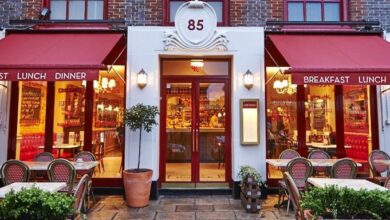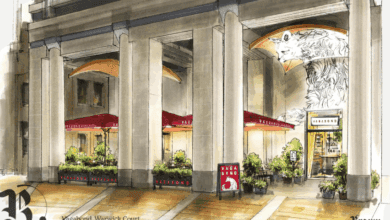Omicron fears cut Christmas drinks sales by a quarter
Footfall was hit particularly hard in the run-up to Christmas, as the government implemented Plan B measures and many consumers avoided social occasions

Average drinks sales by value in Britain’s managed pubs, bars and restaurants in the three weeks to New Year’s Day were 25% below the same period two years ago, the drinks recovery tracker by CGA has revealed.
Footfall was hit “particularly hard” in the run-up to Christmas, as the government implemented Plan B measures and many consumers avoided social occasions. In the seven days to Saturday 18 December, drinks sales were down by 28% on 2019, and they plunged even further in the week to Christmas Day, to 32%.
Sales picked up a little in the week between Christmas and New Year as consumers became more confident about going out, to sit 13% below 2019 levels. However, the CGA said the latest trading figures complete a “very tough” December for drinks sales in pubs, bars and restaurants, after drops of 13% and 14% in the first two weeks of the month.
It added trading on key festive dates demonstrates the “huge impact” of Covid-19 on big celebratory occasions. Drinks sales on Christmas Eve and Christmas Day were 23% and 19% below the same days in 2019, while New Year’s Eve was 23% down.
The tracker also highlighted the heavy impact of trading restrictions in Scotland and Wales. Sales over the three-week Christmas period were down by 40% and 31% respectively on 2019 —a steeper slide than the 25% in England, where restrictions were less severe.
As was the case for most of 2021, spirits out-performed other categories over the festive season—largely thanks to the popularity of cocktails among consumers still celebrating in the On Premise. Over the three-week period spirits sales were 21% down on 2019, ahead of beer (down 26%), cider (down 27%), wine (down 31%) and soft drinks (down 26%).
It added that a “rare bright spot” could be found in spirits sales over the last week of 2021, which were 2% ahead of 2019 levels as drinkers made up for some of the festive occasions that had been lost before Christmas.









